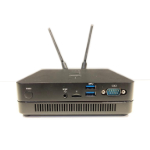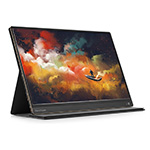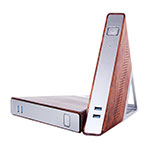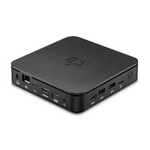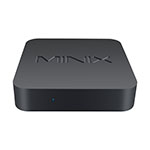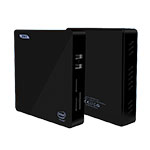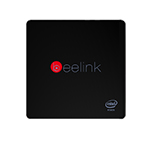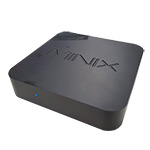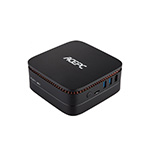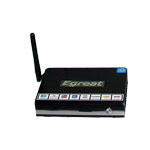Unboxing the Egreat A9 Mini PC

-
16GB
ROM
-
2GB
RAM
-
4
GPU
-
4
CPU
Egreat A9

-
OS
-
Wi-Fi
-
LAN
Gbit -
CHIPSET
Mstar MSO9180
Egreat A9 is the first major product launched by Egreat in the past 2 years so there are great expectations for this product from both the manufacturer and the potential clients.
It is also one of the most advanced Mini PCs of it's kind in terms of connectivity, which makes it quite attractive for those that want their unit to do more.
Egreat A9 is, as expected, quite heavy when compared with other Mini PC's and it's box is much bigger than others (for instance, Egreat I6 Wintel box).
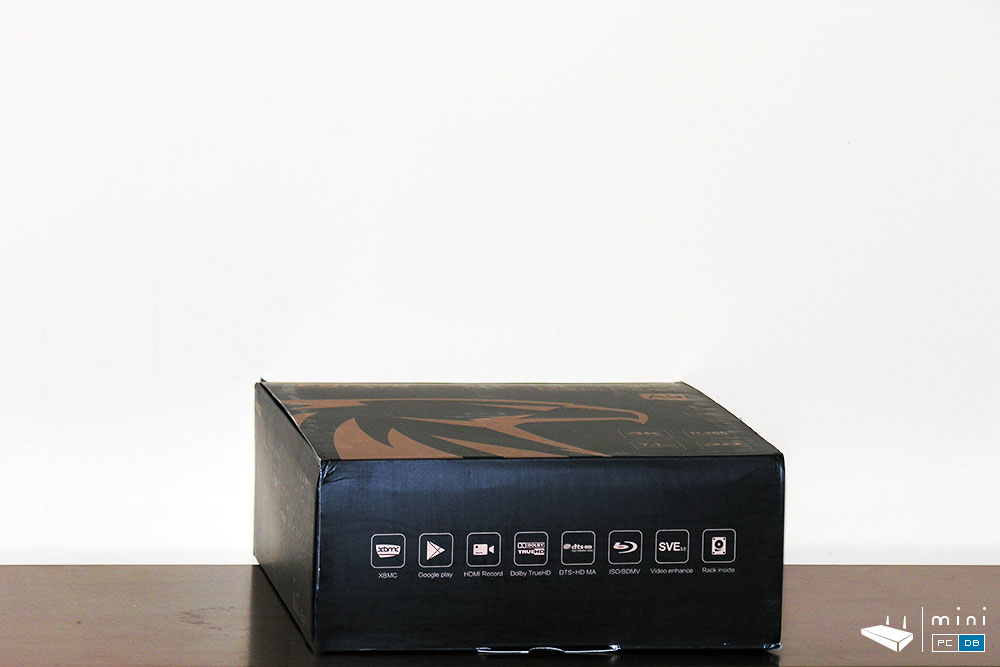
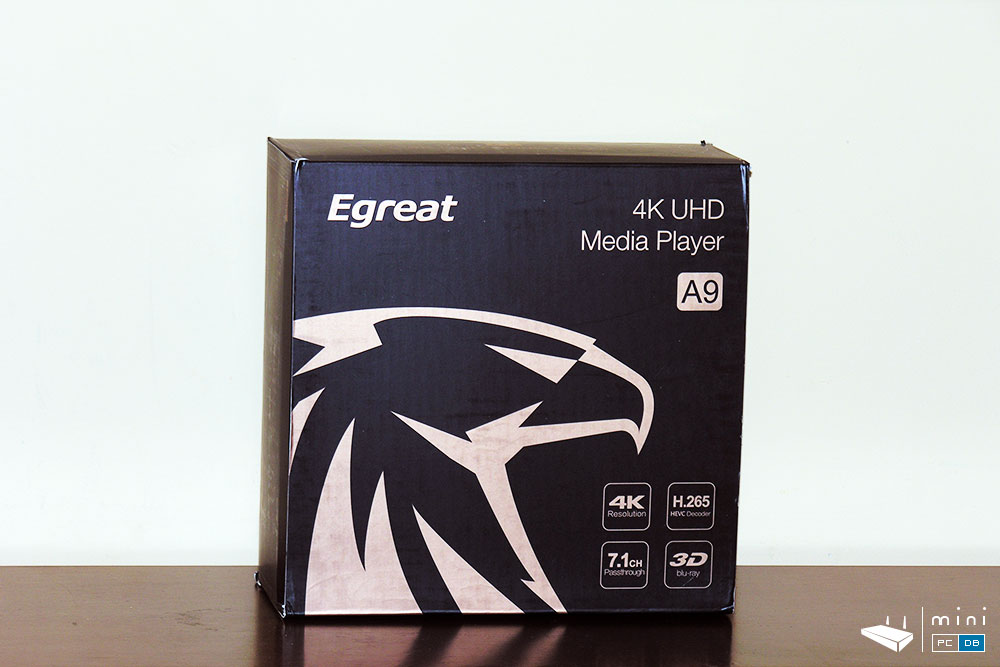
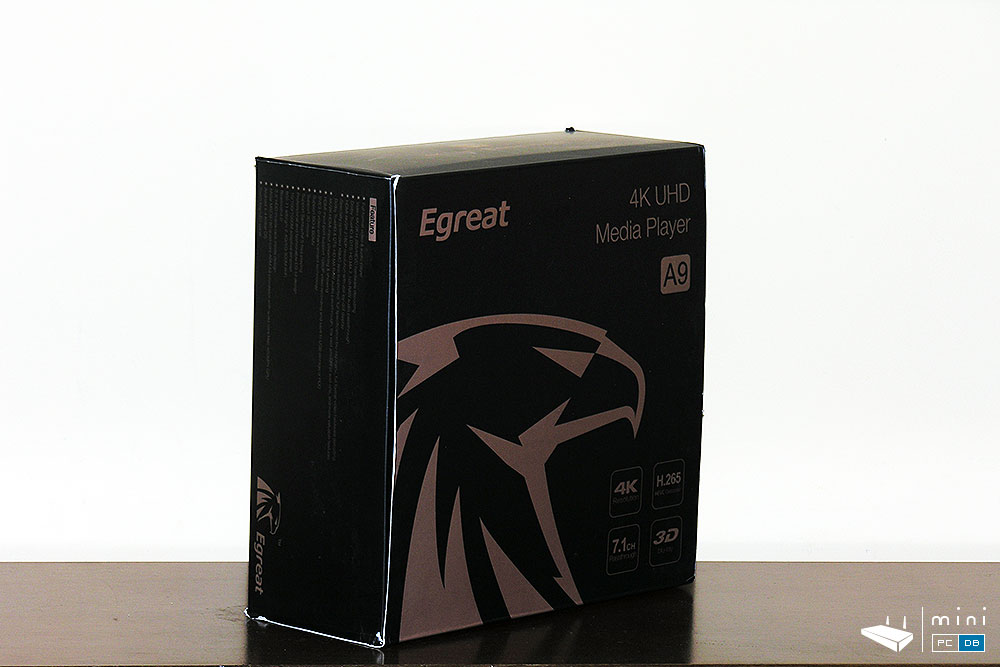
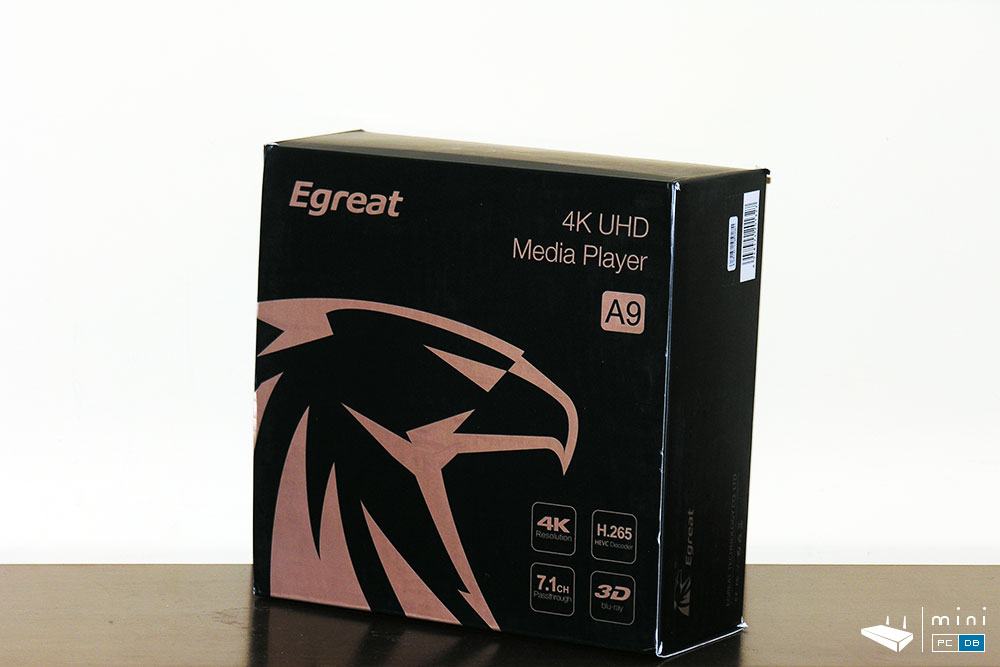
The box follows the new visual identity for the Egreat brand, launched this year - big falcon logo and the slogan "Make different".
They seem to be very proud of this model, as they will also feature it at CeBIT 2015 in Hannover. And for a good reason, this Mini PC promises to have all: a solid case, plenty of connectivity options, support for H.265, 3D-ISO, 7.1 channel audio passthrough, 3D and 4K,a partnership with Vidon.me, and many other things you will discover in our detailed review.
What's inside the box
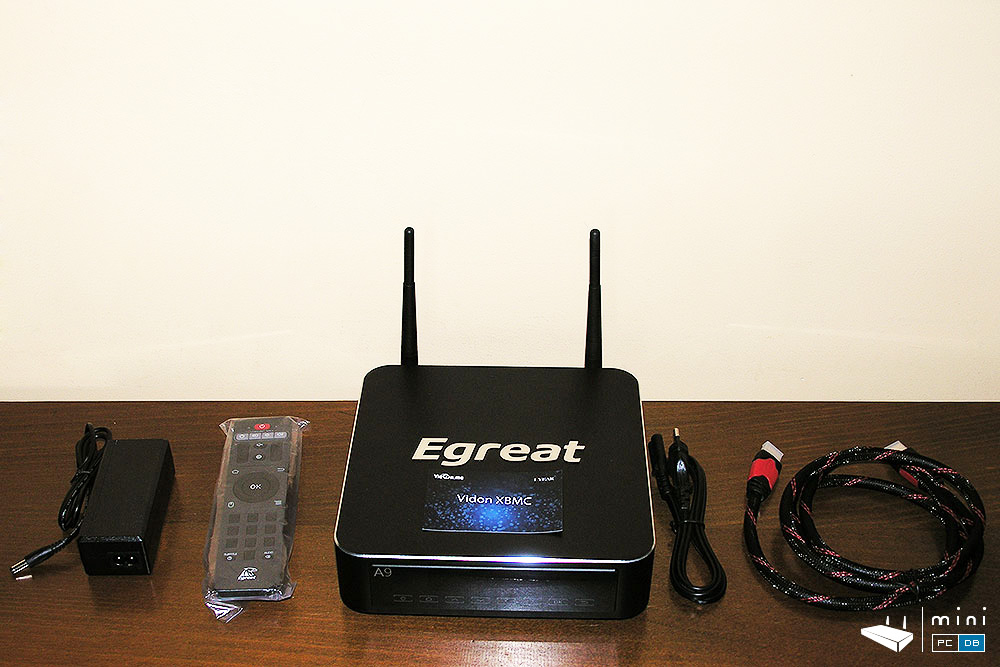

The Egreat A9 mini pc comes with an IR remote, HDMI cable , AC adapter and a Vidon.me card containing the code you need to enter for the Vidon software. The IR remote also has a "learning area", so you will be able to use it for another device as well (like to open the TV).
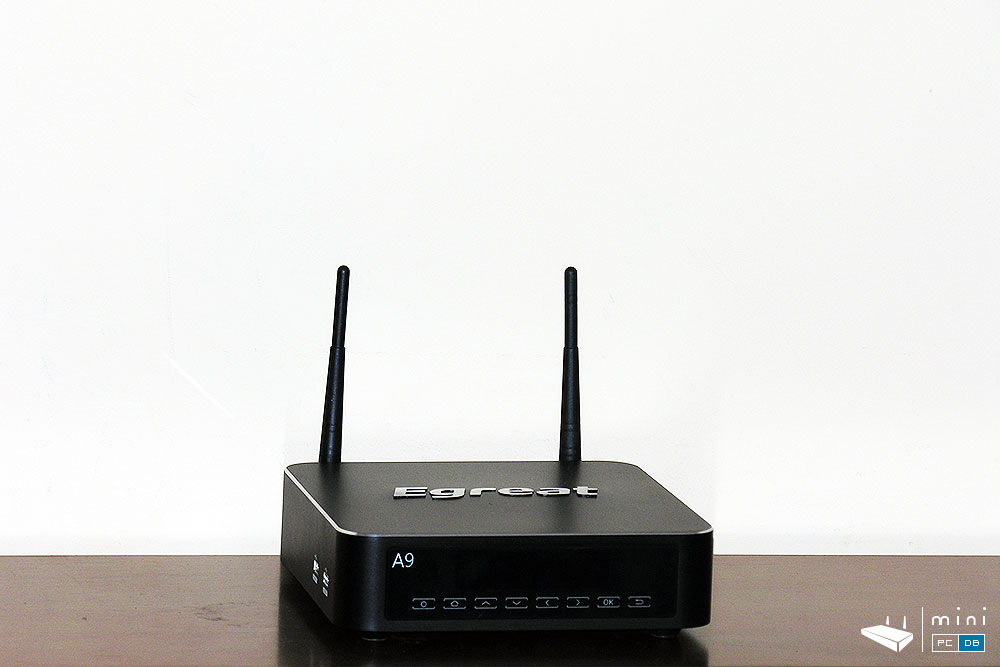
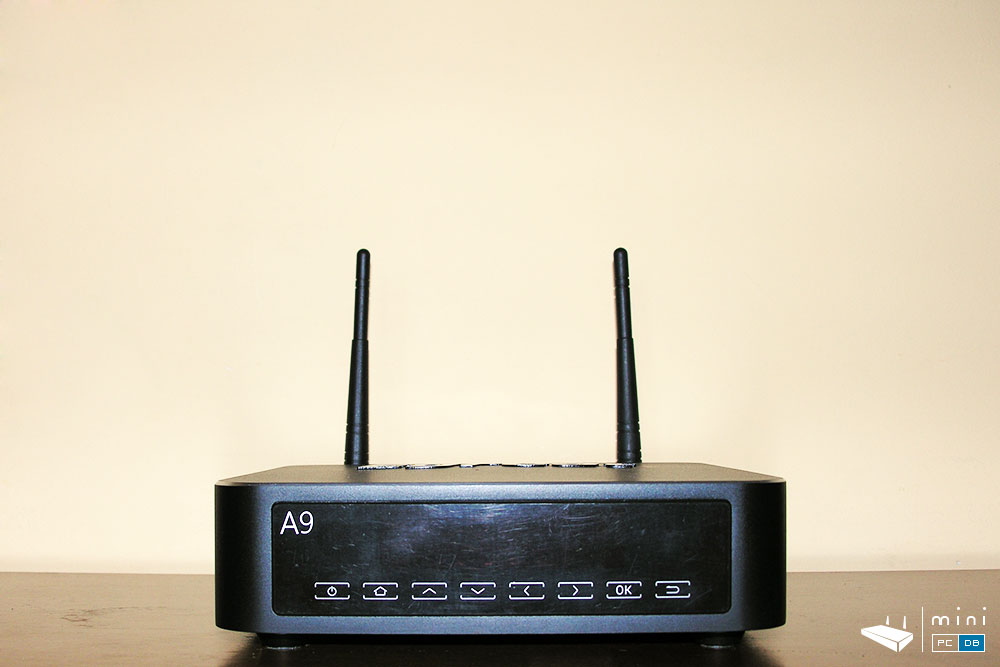
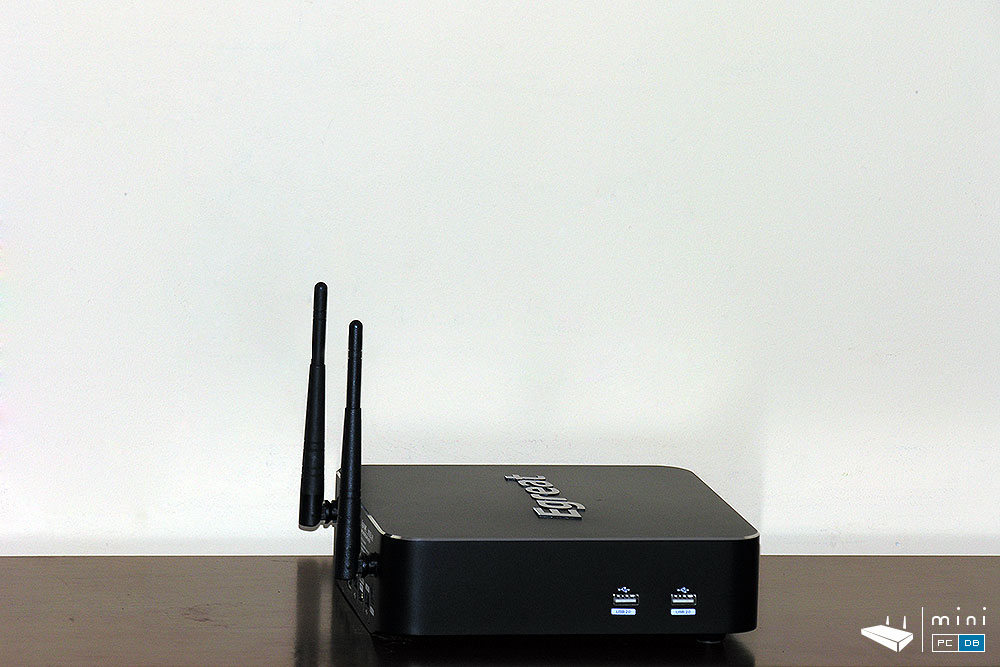
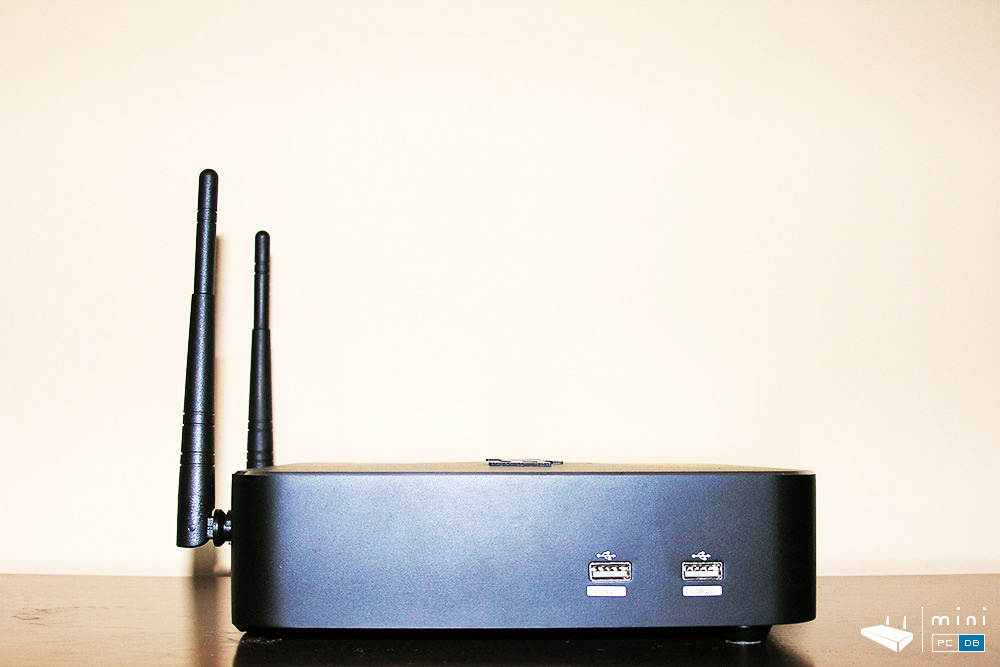
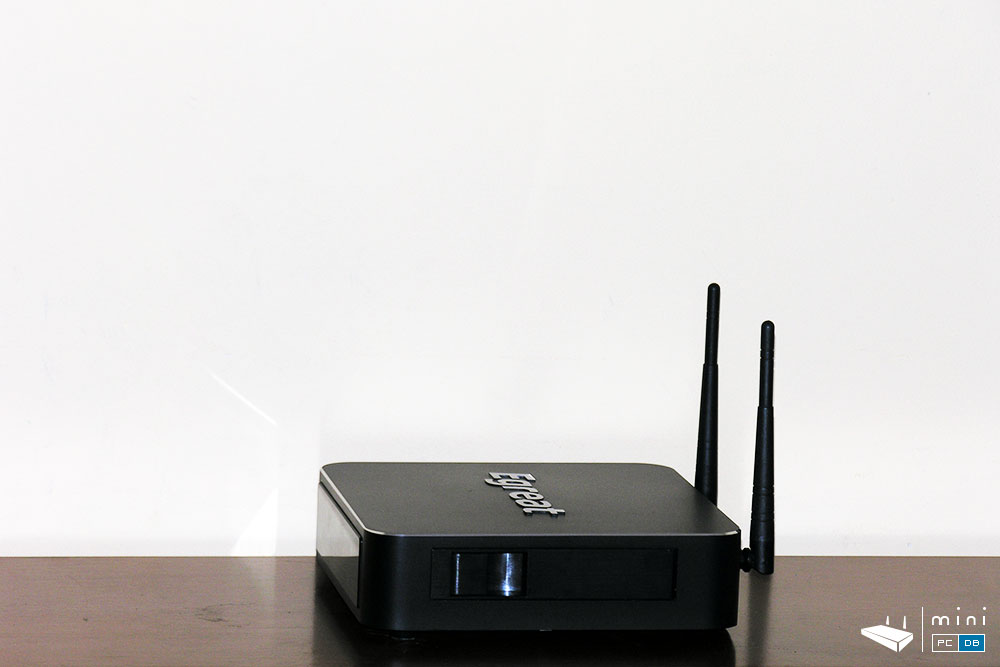
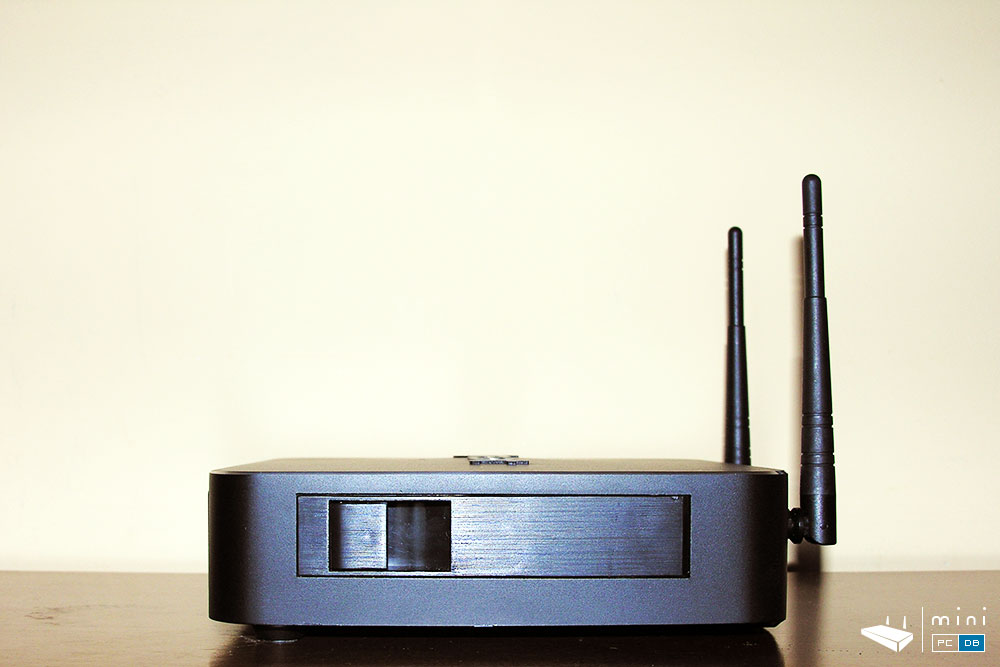
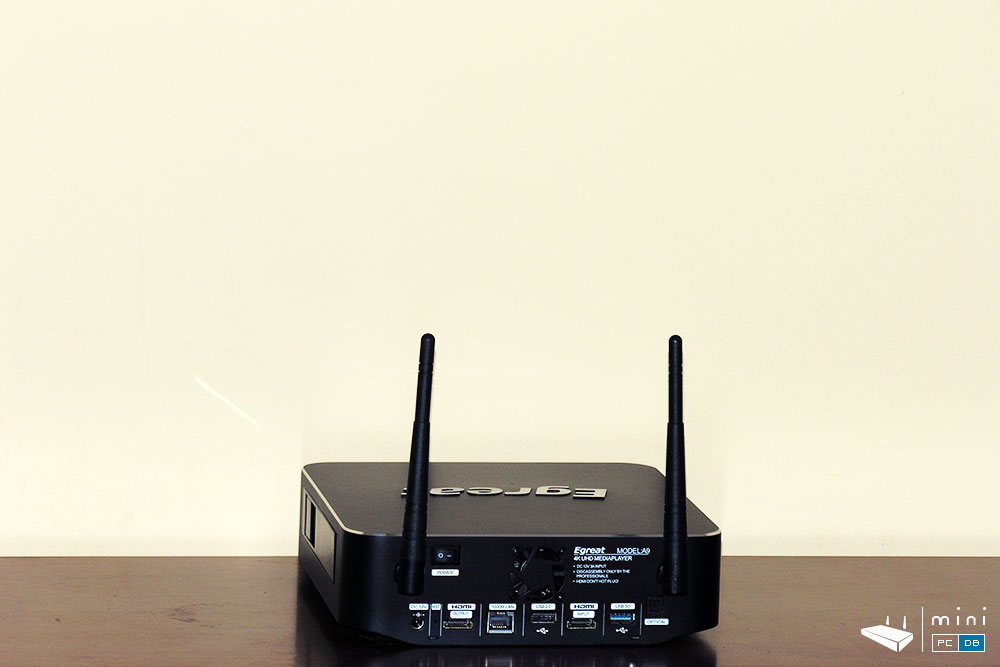
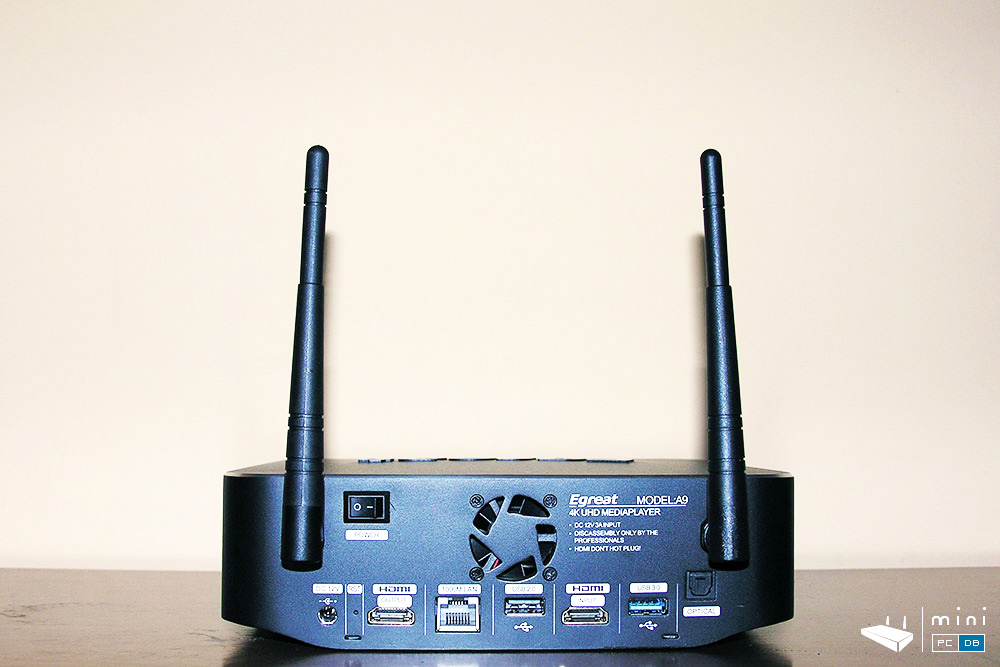
On the front we have a touchpanel which covers basic menu navigation (in case you don't have the IR remote nearby) - just on/off, home, up, down, left, right, OK and return. There's also a LCD panel which displays some status info (nothing fancy, just time, movie length, stuff like that). The two wi-fi antennas on the back can't go unnoticed - and they are the only plastic you'd find on this model.
Left side has two USB ports that you could use to quickly attach some USB HDD or stick.
On the right side there's the 3.5'' HDD caddy - and the main reason why this Mini PC has a small fan.
On the back is where the magic happens. We have here a small on/off button, the fan we talked about earlier, and, from left to right:
- the DC input (12V),
- HDMI 1.4 out (supports 4K @30fps),
- gigabit ethernet port,
- another USB 2.0 port,
- the HDMI 1.4b input (which as you will see later on the full review could be used to record from external devices),
- an USB 3.0 port and
- optical output.
There's also a tiny reset button which I presume could be used to flash firmware updates, and specs also mention an UART port "for DIY development".

